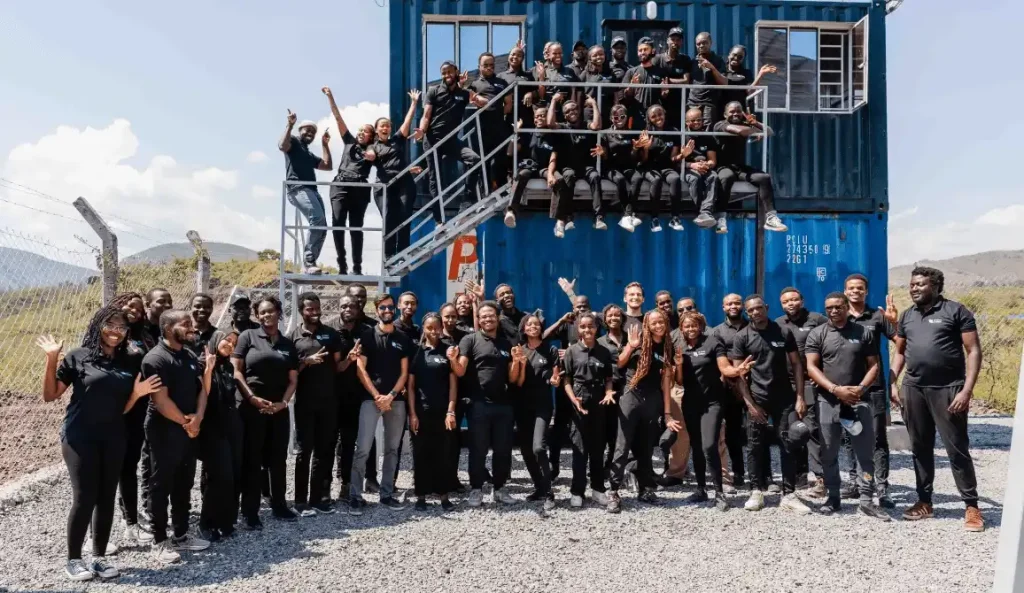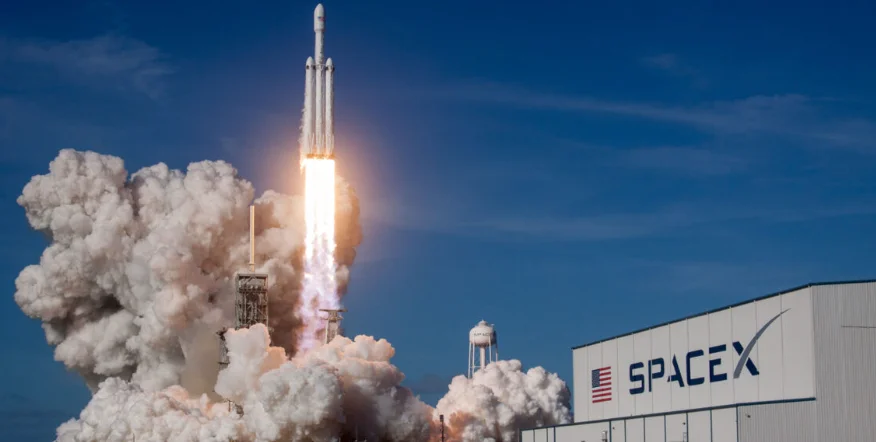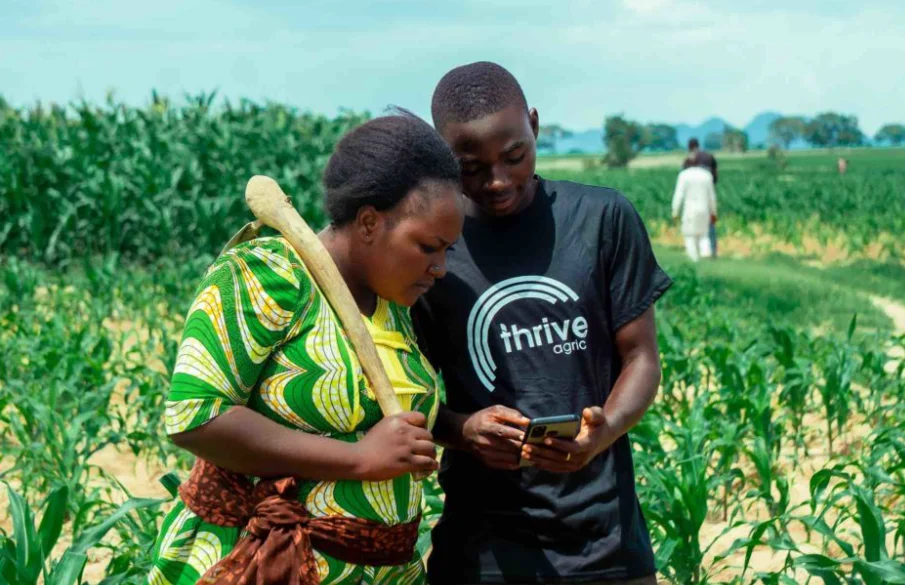Octavia Carbon, a Kenyan climate technology company fighting greenhouse gas emissions has raised $3 million in a seed funding round. The round which was co-led by Lateral Frontiers and E4E Africa, also saw participation from Catalyst Fund, Launch Africa, Fondation Botnar, and Renew Capital.
Octavia Carbon is a climate-focused company that builds Direct Air Capture (DAC) machines which are used to capture carbon from the air and liquify it for onward storage in the ground. The storage is carried out through a process run by its partner company, Cella Mineral Storage. Carbon is a greenhouse gas that is the biggest contributor to global warming. With this capture, the startup is able to fight global warming with the reduction of carbon in the atmosphere.
Co-founder and CEO of the startup, Martin Freimuller, said the funding would help the company scale carbon removal in Kenya. As its core service is capturing carbon from the air, the startup aims to reach a capture capacity of 1,500 tons per year beginning in 2025 when operating at capacity.
Octavia Carbon’s bold undertaking
Octavia Carbon was founded in 2022 by Martin Freimüller and Duncan Kariuki who is a mechanical engineer. Following a period of trials and generally developing its technology, the startup began capturing carbon in February 2024, marking a major breakthrough. The company presently has two DAC machines and is looking to build more machines and boost its carbon capture capacity to 50 tonnes per year.
The startup has partnered with a carbon sequestration startup, Cella to inject the liquefied carbon into the ground for storage. The injection of the first batch of captured carbon is expected to happen before the end of the year. If this is achieved, the project will be one of the first in the world to turn captured carbon into rock underground.
Explaining how the process works, CEO, Freimüller said once Octavia Carbon has the liquid carbon dioxide, they would give that to the storage partner, Cella, who would in turn inject it underground at high pressures to seep into volcanic rock pores, and those are quite rich in calcium and magnesium that reacts with the CO2 to form carbonate minerals like calcium carbonate or limestone.
“Naturally occurring materials, naturally occurring process and we’re just accelerating that in geologic areas where that hasn’t really happened over long periods of time,” he said.
He also noted that the choice of Kenya to set up its local operations was because of the geology of the country. He explained that Kenya’s Rift Valley region has the right rock formation for carbon storage.
The startup says it has accumulated $1.1 million in the advance sale of carbon credits. It has also witnessed growth in its workforce, now boasting a team of 60 professionals. 40 of these team members are engineers involved in research and development, while the others are focused on bench-scale chemistry, which involves testing materials, methods and chemical processes.
Freimüller understands that Octavia Carbon’s mission would by no means be an easy one. He is, however, resolute that his team could get it done.
“Who would have thought that you can move an SUV around on batteries? That has been done too and that’s ultimately the power that engineering has to sort of change the perimeters within what’s possible,” he said.

















